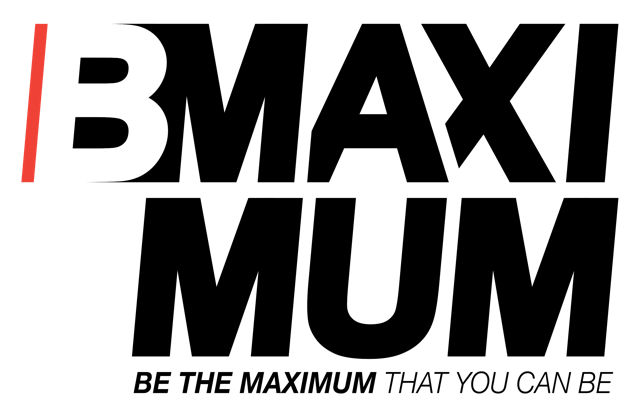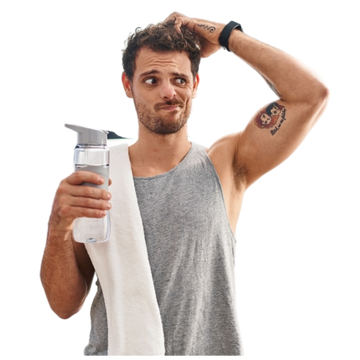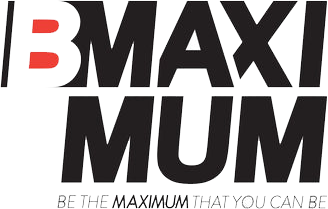Creatine is one of the most popular and well-researched supplements among athletes and fitness enthusiasts. Known for its ability to enhance performance and promote muscle growth, creatine has become a staple in the fitness community.
While creatine naturally occurs in foods like meat and fish, many people prefer taking it in supplement form—usually plant-based—to ensure consistent intake and optimal levels for performance.
One of the most common questions people ask is: Should I take creatine before or after workouts? The answer isn't one-size-fits-all and depends on your goals and how your body responds. Let’s break it down.
What is Creatine and How Does It Work?
Before discussing timing, it's helpful to understand what creatine is and why it's effective.
Creatine is a compound made of three amino acids: arginine, glycine, and methionine. It's stored in your muscles and plays a critical role in energy production during high-intensity exercise.
Your muscles rely on adenosine triphosphate (ATP) for energy. However, ATP stores are limited and deplete quickly during intense activities, which can lead to fatigue. Creatine helps regenerate ATP, allowing your muscles to maintain peak performance for longer periods.
Supplementing with creatine increases the amount stored in your muscles, boosting ATP production, delaying fatigue, and enhancing strength and muscle-building potential.
Should You Take Creatine Before Workouts?
Taking creatine before workouts is a common approach because it can increase the availability of creatine in your muscles during exercise. This may enhance performance and help you push harder during training sessions.
In fact, a study published in the Journal of the International Society of Sports Nutrition suggests that taking creatine before workouts may lead to greater increases in muscle mass and strength compared to taking it afterward.
However, it’s important to note that the evidence isn’t conclusive. Not all studies show a significant difference in performance or muscle growth between pre- and post-workout creatine intake.
Another consideration is that some people experience mild stomach upset or nausea when taking creatine before workouts. If this happens to you, you might find post-workout supplementation more comfortable.
What About Taking Creatine After Workouts?
Taking creatine after your workout is another effective strategy, especially when focusing on recovery. After exercise, your muscles are in a state of repair and are more receptive to absorbing nutrients and supplements.
Research published in the Journal of the International Society of Sports Nutrition found that taking creatine after workouts was more effective at improving recovery and reducing muscle soreness. This suggests that post-workout supplementation may better support muscle repair and growth.
However, creatine taken after workouts might not enhance performance during the session, as it isn’t available to your muscles beforehand. Additionally, some people report increased water retention or bloating when taking creatine post-workout, which might be a drawback for some users.
So, When is the Best Time to Take Creatine?
The choice of whether to take creatine before or after workouts ultimately depends on your goals and personal preferences:
- Take it Before Workouts if you want to improve performance, delay fatigue, and push harder during your training sessions.
- Take it After Workouts if your primary goal is recovery, reducing muscle soreness, and supporting muscle repair.
That said, the most important factor is consistency. Creatine is not a "one-time" performance enhancer. For optimal results, it needs to be taken daily—even on rest days. This ensures your muscles maintain high creatine levels, allowing you to reap the full benefits over time.
Other Tips for Using Creatine
- Start with a Loading Phase (Optional): Some people opt for a "loading phase," where they take 20 grams of creatine per day (split into 4 doses) for 5-7 days to saturate their muscles quickly. Afterward, they switch to a maintenance dose of 3-5 grams daily.
- Stay Hydrated: Creatine draws water into your muscles, so staying well-hydrated is essential to avoid dehydration.
- Pair with Carbs: Taking creatine with carbohydrates may enhance absorption, especially after workouts when your body is primed for nutrient uptake.
Why Choose B Maximum Creatine?
Final Thoughts
When it comes to creatine supplementation, the timing isn’t as critical as consistency. Whether you take it before or after workouts, the key is to make it a daily habit to see long-term results.
As always, consult with a healthcare professional before starting any new supplement regimen to ensure it’s safe and appropriate for your individual needs.







